Here we report on the progress of the leading builders in the zk cross-chain ecosystem, documenting recent significant releases, technical breakthroughs and general updates 👇
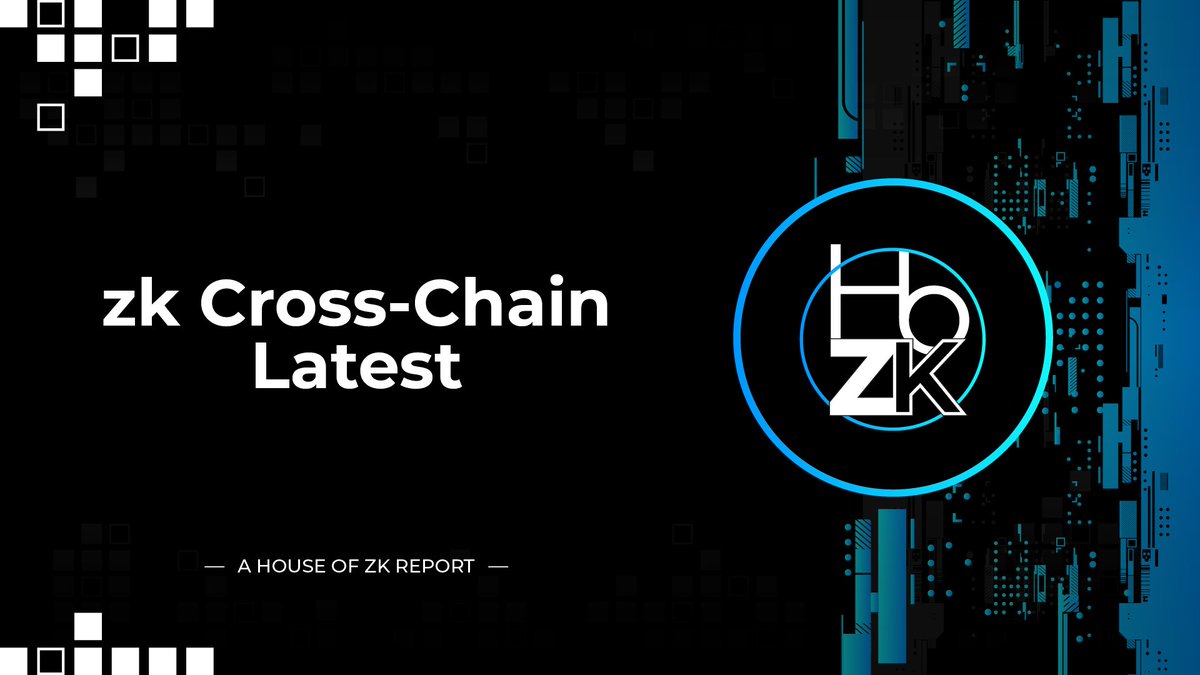
Agglayer
@Agglayer has introduced 'Chainless Apps', a new way to build decentralised applications that combine Web2-like speed with Web3-level trust. Unlike appchains, these apps run off-chain for performance but use ZKPs and secure attestations for verification. Agglayer handles proof validation and cross-chain bridging, reducing complexity. The approach supports scalable, verifiable apps without requiring developers to run full blockchain infrastructure:
In addition, Agglayer's first DeFi-native chain, @katana, is built to unify liquidity and deliver real yield across its ecosystem. Developed with support from @0xPolygon and @GSR_io, Katana uses VaultBridge to route @ethereum vault yields back into its network. The chain features chain-owned liquidity, the AUSD stablecoin, and core DeFi apps such as @MorphoLabs, @SushiSwap, and @vertex_protocol:
Lastly, Katana is now live on Agglayer using the cdk-opgeth OP Stack configuration, offering shared liquidity and fast finality without giving up sovereignty. Built with @conduitxyz's G2 sequencer and secured by pessimistic proofs from SP1 by @SuccinctLabs and Plonky3 by Polygon, Katana skips the typical 7-day delay. Chains connected through Agglayer retain full control and avoid paying revenue share:
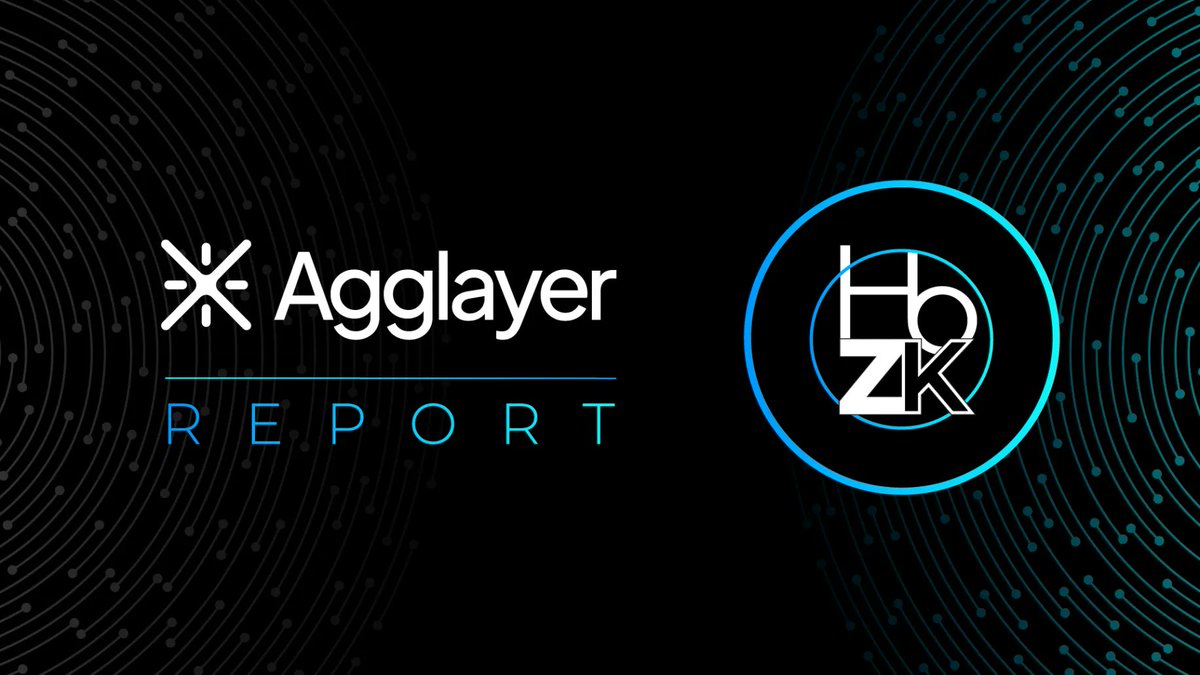
Polyhedra
@PolyhedraZK is advancing zkCuda - a framework that partitions machine learning models into smaller computational kernels to simplify proof generation. Each kernel can be paired with the most suitable ZKP system, reducing memory load and improving performance. zkCuda is particularly effective when used with the GKR protocol. Initial testing has been successful, and the team plans further optimization and integration of machine learning training techniques:
In addition, Polyhedra is accelerating @ethereum scalability using ZKPs and GPUs. Their computation optimizations have led to cryptographic operations running over 2,800 times faster. This reduces transaction costs, enhances security, and paves the way for running Ethereum nodes on smartphones. Key improvements include memory and algorithm optimizations. Integration of the technology is already being discussed with Ethereum client developers:
Moreover, building on recent progress, they have introduced a new architecture based on FPGA and ASIC. The hardware solution processes over 5 million proof layers per second and reduces energy consumption by 90% compared to CPUs. The technology is scalable and targeted at DeFi, rollups, and privacy-preserving AI applications:
Lastly, the project has proposed a fully on-chain dark pool decentralized exchange using ZK technology to combine CEX-like privacy with blockchain transparency. The platform will protect trader identities and order details, preventing manipulation and front-running. Through a phased roadmap, it will evolve from pseudonymous trading to fully encrypted order matching and settlement. Institutions gain auditability and privacy, promoting broader DeFi adoption and trust:
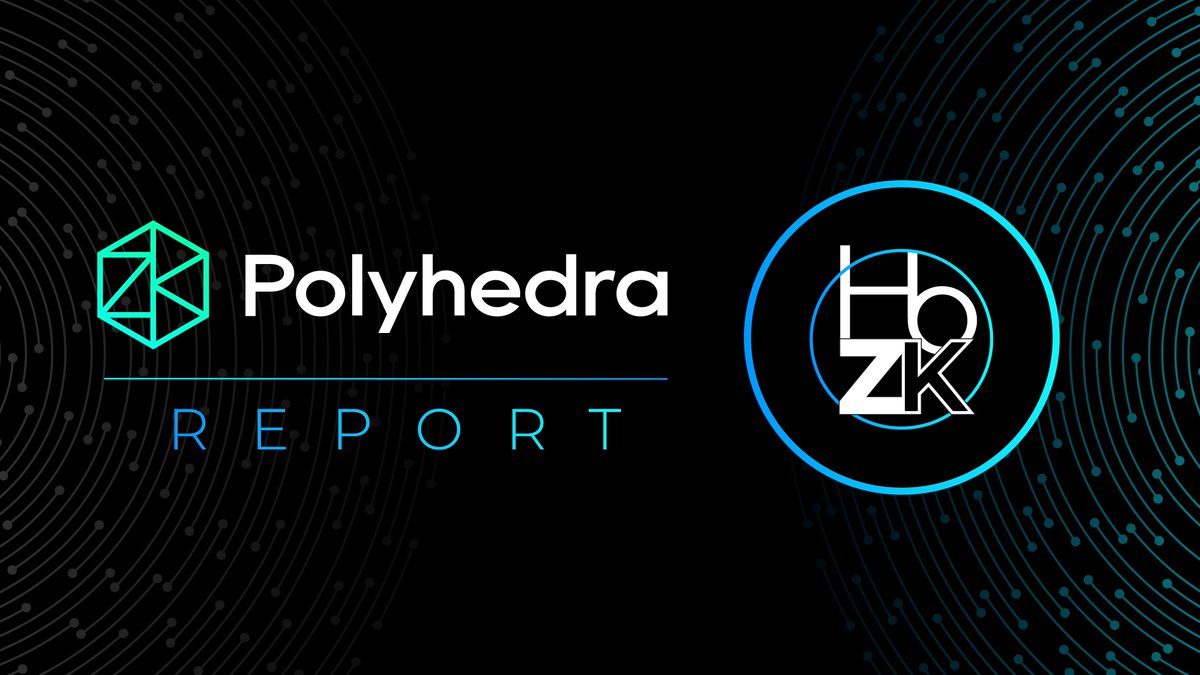
Espresso
@EspressoSys has integrated with @onappchain, an @arbitrum-based L2, to deliver fast, decentralised transaction confirmations and improved crosschain security. This upgrade enhances bridging efficiency and supports seamless interoperability.
The integration enforces block consistency between AppChain and @ethereum through Espresso's consensus, reducing risks from sequencer errors and enabling faster, more secure bridging for crosschain apps:
Meanwhile, @espressoFNDN's NFT project, The Composables, launched on @RariChain with strong community interest, highlighting pain points in crosschain minting. Now, Espresso is enabling bridgeless interactions - users can mint NFTs across integrated chains without bridges or stranded funds. Upcoming features include crosschain travel for NFTs and seamless multichain markets, aiming to simplify and unify user experience across blockchain ecosystems:
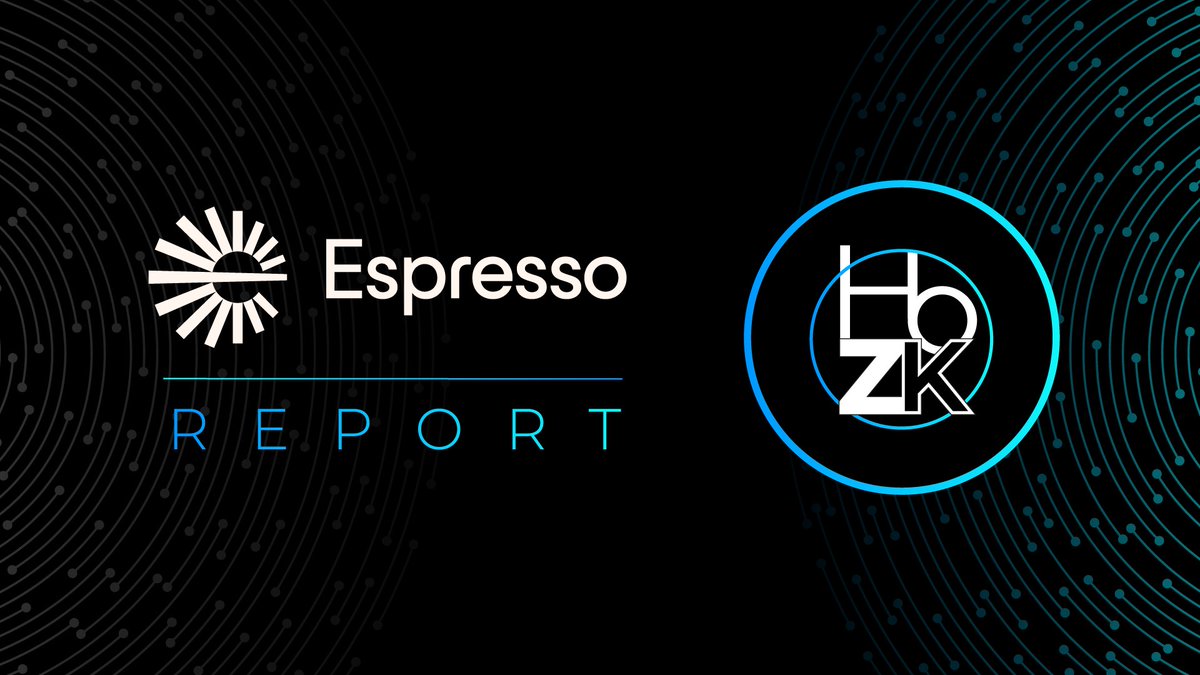
Across
@AcrossProtocol continues expanding its ecosystem through multiple new integrations, including:
• @malda_xyz: Enables real-time USDC rebalancing across @LineaBuild, @base, and @ethereum using Across' settlement contracts - optimizing capital flow with intents-based execution and zero user interaction:
• @BNBCHAIN: Unlocks low-cost, fast bridging to and from BSC, allowing both users and builders to access one of Web3’s most active ecosystems with minimal friction:
• @KyberNetwork: Powers crosschain swaps natively within the KyberSwap interface - allowing users to bridge and trade across chains instantly, without managing separate platforms:
• @PancakeSwap: Facilitates one-click token swaps between @arbitrum, Base, and BNB Smart Chain directly inside PancakeSwap, using Across' intents architecture and ERC-7683 framework for seamless execution:
• @yield: Integrates Across to enable fast, trustless, and cost-efficient crosschain transfers:
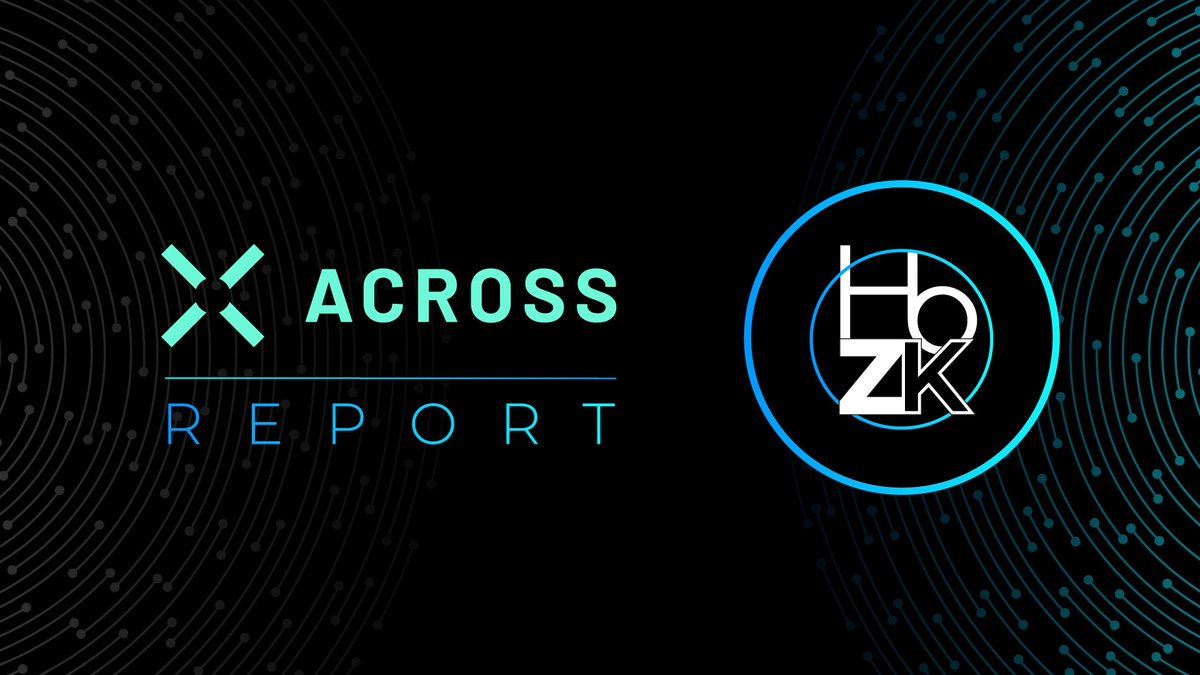
Union
@union_build has announced its latest Fellows following the completion of its U Combinator incubator, which hosted 50 teams over nine weeks. The selected projects - @Esprezzoapp, @EnsembleCodes, @conduct_xyz, @nativerse_xyz, @themafinancial, @Hyperweb_, and @SphinxProtocol - span Web3 cloud services, AI agents, decentralized finance, and cross-chain infrastructure.
Each team will receive technical, design, and business support from Union to scale their innovations across the growing Union ecosystem:
In addition, they set a new record with 4,664 participants in its Groth16 Trusted Setup Ceremony, surpassing @MantaNetwork’s 2023 record. This cryptographic process underpins Union’s ZK interoperability layer, enabling secure cross-chain actions across major ecosystems.
The ceremony’s scale boosts decentralization and security ahead of Union’s mainnet launch, following a beta rollout supporting @babylonlabs_io Genesis. Full mainnet and token launch are expected later this summer:
Lastly, Union has added @SeiNetwork to its testnet app, enabling users to test ZK secured transfers between ecosystems. Sei is a high-speed L1 blockchain, now interoperable via Union, setting the stage for future integration with BTCfi:
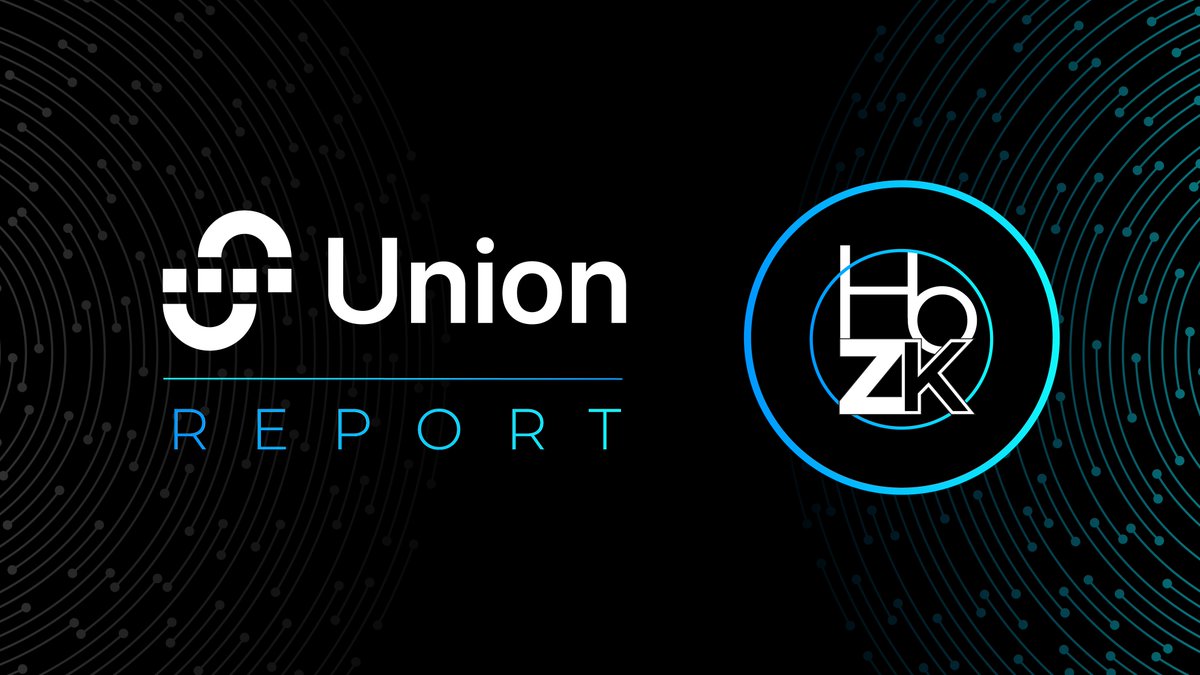
zkLink
@zkLink_Official has announced an upcoming peer-to-peer AI agent network designed to autonomously trade, negotiate, and build across multiple blockchain networks. The system will allow AI agents to interact directly and surf liquidity across chains without intermediaries.
Official launch details are still pending:
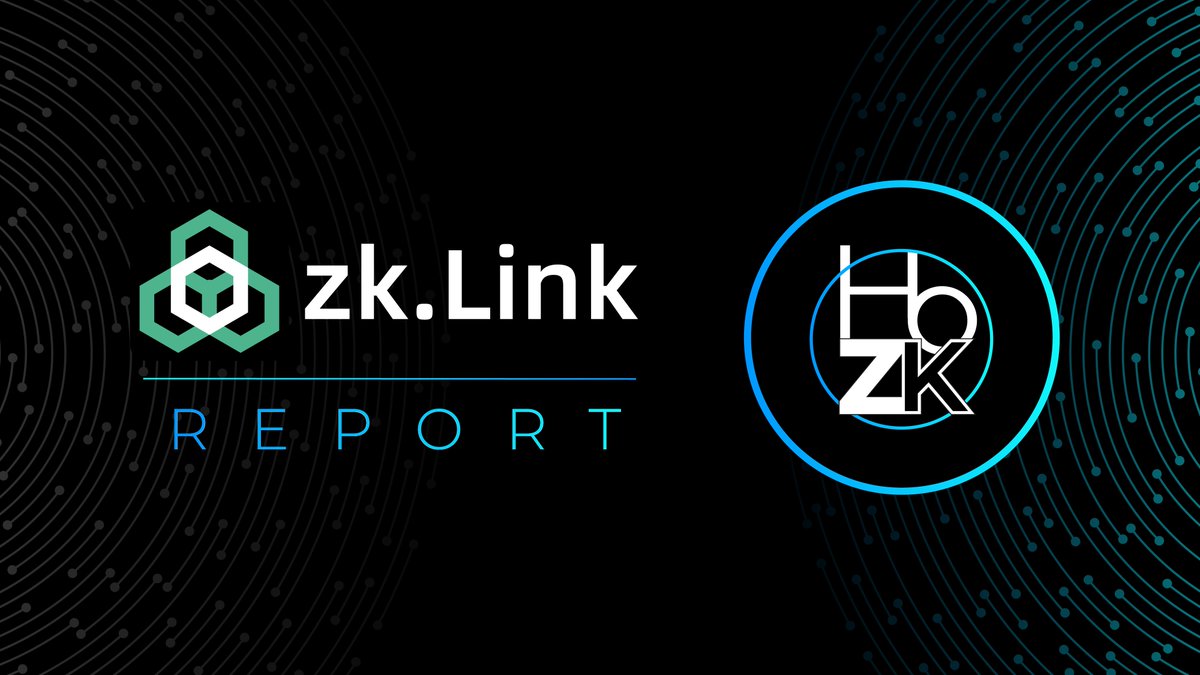
Zeko
@ZekoLabs has completed a comprehensive audit of its mainnet core and bridge rollup circuits in collaboration with @zksecurityXYZ. The review confirmed the soundness of Zeko’s protocol design and covered critical components of its zkRollup architecture on the @MinaProtocol blockchain.
Following the audit, improvements were implemented to strengthen circuit logic and integration ahead of Zeko’s upcoming developments:
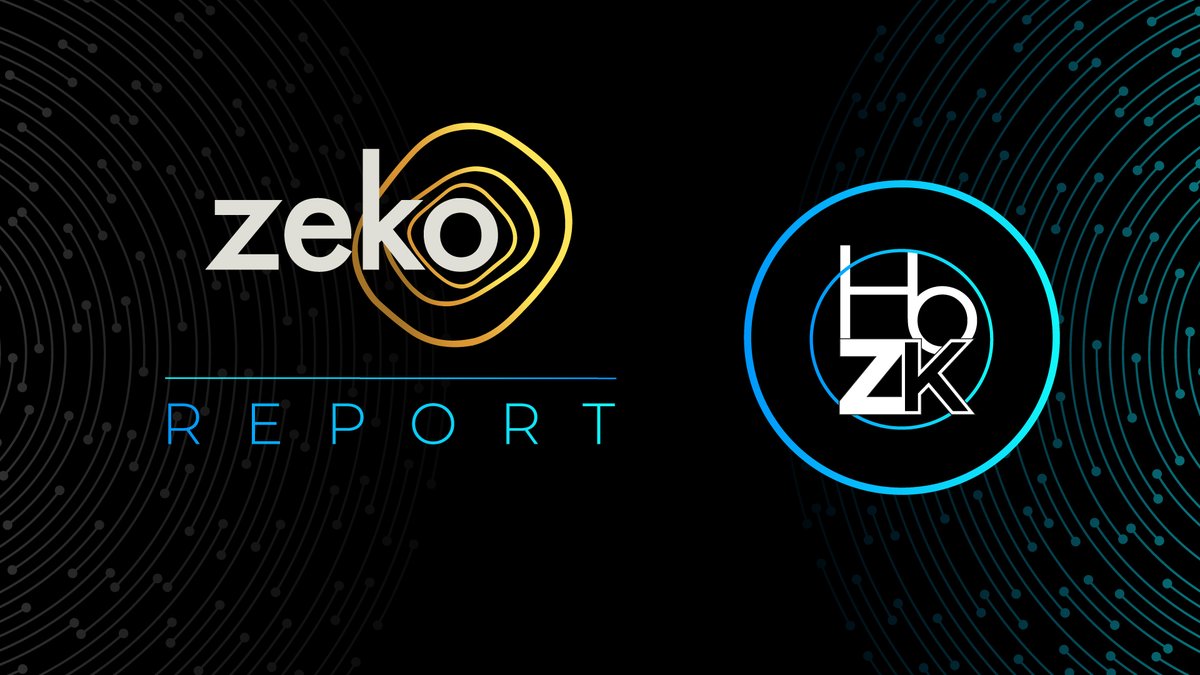
41
15.66K
The content on this page is provided by third parties. Unless otherwise stated, OKX is not the author of the cited article(s) and does not claim any copyright in the materials. The content is provided for informational purposes only and does not represent the views of OKX. It is not intended to be an endorsement of any kind and should not be considered investment advice or a solicitation to buy or sell digital assets. To the extent generative AI is utilized to provide summaries or other information, such AI generated content may be inaccurate or inconsistent. Please read the linked article for more details and information. OKX is not responsible for content hosted on third party sites. Digital asset holdings, including stablecoins and NFTs, involve a high degree of risk and can fluctuate greatly. You should carefully consider whether trading or holding digital assets is suitable for you in light of your financial condition.

